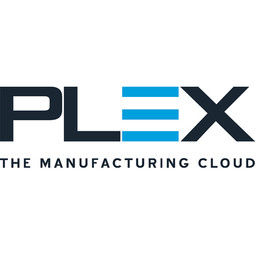公司规模
Large Corporate
地区
- America
- Asia
- Europe
国家
- United States
- Ireland
- Mexico
产品
- Plex Manufacturing Cloud
技术栈
- Cloud-based Infrastructure
实施规模
- Enterprise-wide Deployment
影响指标
- Productivity Improvements
- Digital Expertise
技术
- 功能应用 - 企业资源规划系统 (ERP)
- 平台即服务 (PaaS) - 连接平台
适用行业
- 金属
适用功能
- 商业运营
- 仓库和库存管理
用例
- 库存管理
- 过程控制与优化
服务
- 系统集成
关于客户
Gill Industries is a world-class supplier of advanced mechanisms and welded assemblies, headquartered in Michigan, with offices in Trenton, GA, Richmond, KY, and global offices in Mexico, Europe, and Asia. The company operates in the metalforming industry and is located in Grand Rapids, MI. Gill Industries has a significant presence in the manufacturing sector, providing high-quality products and services to its clients. The company has a strong focus on innovation and quality, ensuring that its products meet the highest standards. With a global footprint, Gill Industries is well-positioned to serve a diverse range of customers across different regions. The company is committed to maintaining high-quality standards and continuously improving its operations to meet the evolving needs of its clients. Gill Industries' dedication to excellence and customer satisfaction has established it as a leader in the metalforming industry.
挑战
After acquiring another manufacturer, Gill Industries needed to quickly standardize on a single ERP with the ability to centralize operational data. As an organization that relied heavily on QuickBooks and spreadsheets to manage its business and production, the team was challenged by its new executive leadership to track and report performance metrics across the organization, for all eight facilities. Its legacy ERP system required heavy IT resources, maintenance and upgrades, so a quick move to a less cumbersome system was a priority. One of the challenges in the aftermath of an acquisition is to determine which systems the newly formed company will standardize on and use to run the business. Gill Industries, a supplier of advanced mechanisms and welded assemblies, was in this position in 2015 when it acquired GR Spring & Stamping. Prior to the acquisition, Gill had three different ERP systems (IQMS, QAD, and MAPICS) and was in the process of rolling out IQMS as its standard.
解决方案
What made the Plex Manufacturing Cloud an attractive ERP system for Gill Industries to standardize on was the fact that it didn’t require a lot of IT heavy lifting to maintain. 'Plex’s cloud-based infrastructure has definitely alleviated the pressure on my team,' said Edler. His team can now focus on more important long-term projects rather than on keeping servers up and running. Edler also thinks Plex offers an easier experience for users. The company also had new executive leadership who wanted more accurate data on how the business was operating, which was the final motivation for moving to Plex. Gill Industries began the implementation in February 2015 for two facilities, the next two facilities went live in August 2015 followed by two more in November 2015. By April 2016, all eight manufacturing facilities in the United States, Mexico, and Ireland are running the Plex Manufacturing Cloud. Each work cell on the shop floor has a tablet running Plex. Line operators are responsible for recording production, scrap, and quality checksheets. Shop floor employees use warehouse scanners for inventory movement and there are even pushcarts with tablets mounted on them so workers can do all production or inventory movement on the fly. This central repository also acts as the single source of truth for quality, and holds each step in production accountable for meeting quality standards.
运营影响

Case Study missing?
Start adding your own!
Register with your work email and create a new case study profile for your business.
相关案例.
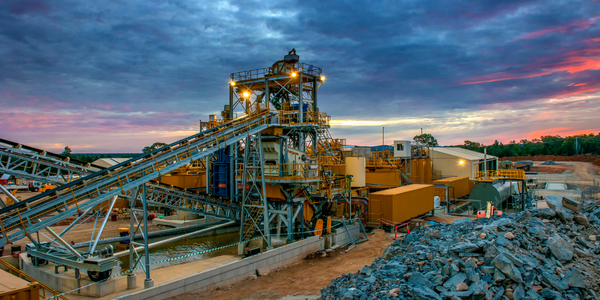
Case Study
Goldcorp: Internet of Things Enables the Mine of the Future
Goldcorp is committed to responsible mining practices and maintaining maximum safety for its workers. At the same time, the firm is constantly exploring ways to improve the efficiency of its operations, extend the life of its assets, and control costs. Goldcorp needed technology that can maximize production efficiency by tracking all mining operations, keep employees safe with remote operations and monitoring of hazardous work areas and control production costs through better asset and site management.
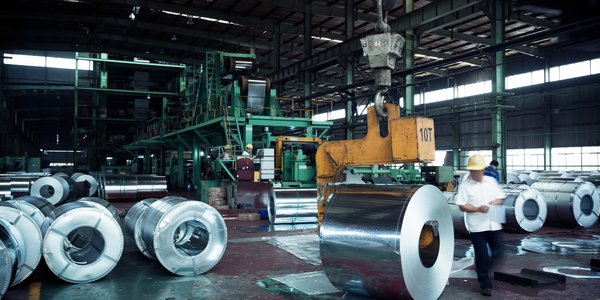
Case Study
KSP Steel Decentralized Control Room
While on-site in Pavlodar, Kazakhstan, the DAQRI team of Business Development and Solutions Architecture personnel worked closely with KSP Steel’s production leadership to understand the steel production process, operational challenges, and worker pain points.

Case Study
Bluescope Steel on Path to Digitally Transform Operations and IT
Increasing competition and fluctuations in the construction market prompted BlueScope Steel to look toward digital transformation of its four businesses, including modern core applications and IT infrastructure. BlueScope needed to modernize its infrastructure and adopt new technologies to improve operations and supply chain efficiency while maintaining and updating an aging application portfolio.
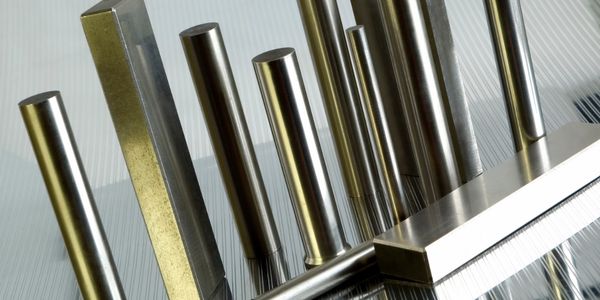
Case Study
RobotStudio Case Study: Benteler Automobiltechnik
Benteler has a small pipe business area for which they produce fuel lines and coolant lines made of aluminum for Porsche and other car manufacturers. One of the problems in production was that when Benteler added new products, production had too much downtime.
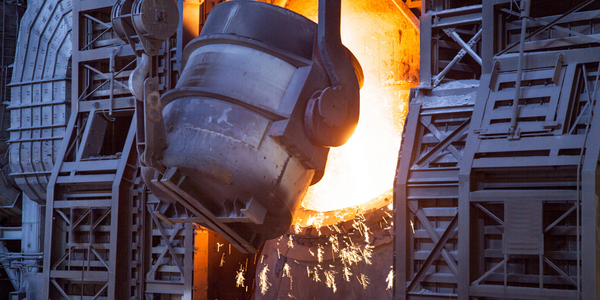
Case Study
Continuous Casting Machines in a Steel Factory
With a very broad range of applications, steel is an important material and has been developed into the most extensive alloy in the engineering world. Since delivering high quality is absolutely crucial for steel plants, ensuring maximum productivity and the best quality production are the keys to competitiveness in the steel industry. Additionally, working conditions in steel factories are not suitable for workers to stay in for long periods of time, so manufactures usually adopt various machines to complete the steel production processes. However, the precision of these machines is often overestimated and the lack of flexibility also makes supervisors unable to adjust operating procedures. A renowned steel factory in Asia planned to improve its Distributed Control System (DCS) of furnaces as well as addressing the problem of insufficient accuracy. However, most well-known international equipment suppliers can not provide a satisfactory solution and local maintenance because the project needed new technologies to more accurately control equipment operations. By implementing Advantech’s automated monitoring and control solution, steel factories can not only improve the manufacturing processes but can also allow users to add additional functions to the existing system so as to make sure the operation runs at high efficiency.
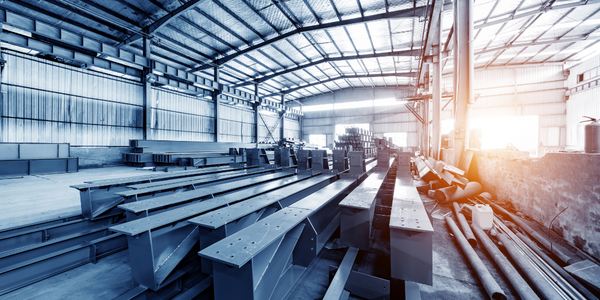
Case Study
Automated Predicitive Analytics For Steel/Metals Industry
Asset to be monitored: Wire Compactor that produces Steel RebarCustomer Faced The Following Challenges:Dependent upon machine uptime.Pressure cylinders within the compactor fail to control compression and speed causing problems in binding the coil.Equipment failure occurs in the final stage of production causing the entire line to stop, can you say bottleneck?Critical asset unequipped with sensors to produce data.




